Examining Your Guiding Principles: Are They Relevant?
By Travis Davio and Chris Hoyos, January 2024
Like strategic planning, revisiting your organization’s guiding principles is key to being responsive and relevant in shifting landscapes. Guiding principles are the foundational elements of an organization’s DNA. They tell people who you are and what you’re on about.
Revisiting and Revising Our Guiding Principles
This past summer, the Abeo School Change Team went through the process of revisiting and revising our organization’s Guiding Principles to ensure we are explicitly working toward our mission and vision of fostering equitable and sustainable organizational change by expanding the individual and collective leadership capacities of the humans within the system. The organization has been in existence as Abeo School Change since 2009 and before that as The Coalition of Essential Schools Northwest, dating back to 1998. Our Guiding Principles have their roots in the Coalition’s Common Principles and have evolved over the years to become: Impact, Leadership, Equity, Inquiry, and Collaboration. Since these broad concepts have many interpretations in the field of education, we sought to clearly define what they mean to us as they guide our work with schools and districts across the western part of the United States.
Our Process: 4 Key Learnings
One: While impact is a result of the work we seek, we have been reminded that if we expect to achieve impact, we first have to define what that impact will be and identify the evidence that will help us know if we’ve achieved it. Second, we have to continually monitor and evaluate that evidence to course correct or keep moving forward in light of our defined goals. We have embraced improvement science as a key framework to support us in these efforts and have also relied on the research and tools created by Joellen Killion’s Assessing Impact. Naming impact on the front end and continually evaluating along the way is not a new idea, but is one that often gets lost or muddied as schools and systems get underway on any improvement or change effort. As Debra Masters of the Visible Learning Network has articulated, “ let's focus on impact and our role as evaluators of our impact. We have the evidence. Let’s use it” (Debra Masters. “Know thy impact: 4 questions to help you pin down what children are really learning.” Corwin Visible Learning, https://www.visiblelearning.com/content/know-thy-impact-4-questions-help-you-pin-down-what-children-are-really-learning).
Two: Perhaps the most overused and contentious word in education today is equity. Rarely do we, as individuals or systems, slow down and define exactly what we mean when we say and use equity in our work. We learned that in order to avoid equity tropes and traps, as Jamila Dugan and Shane Safir articulate in their text Street Data, defining equity is essential. Through our work in the NorCal Educational Leadership Consortium, in partnership with 21CSLA and Chico State University, we have embraced the notion of equity as working to create liberatory systems, as defined by The National Equity Project. Our definition of equity centers on this aspiration and provides clarity around how we need to engage every single day to interrupt long-existing and systemic inequities.
Three: Words matter; they need to be lived, not just written. This process forced us to reflect on the ways our principles show up in our daily work with schools. It helped us see how there are sometimes gaps between our beliefs and our actions. In our inquiry principle, for example, we were affirmed in our strong belief in the power of inquiry as a vehicle for transformational change, but also recognized that sustaining an inquiry approach in our work with schools tended to be stronger in the earlier stages of the work, but became less central as we moved into action. Now that we’ve critically examined and articulated what we mean in our inquiry principle, we are able to stay consistent through reflection and calibration of using inquiry in all stages of our support.
Four: The process reminded us of the importance of engaging in strategic planning collectively, as it creates a unified commitment to the work. Abeo continues to evolve and we recognized the importance of slowing down every few years to ensure an organization’s guiding principles accurately reflect the beliefs and mission of the work. Education is complex and ever-changing. Our principles need to guide our work in all contexts while keeping us true to who we are and what we believe as an organization.
Beyond your mission and vision, what are your organization’s guiding principles and how have they become your ways of being? And, if you have guiding principles but haven’t revisited them in a while, it may be time!
